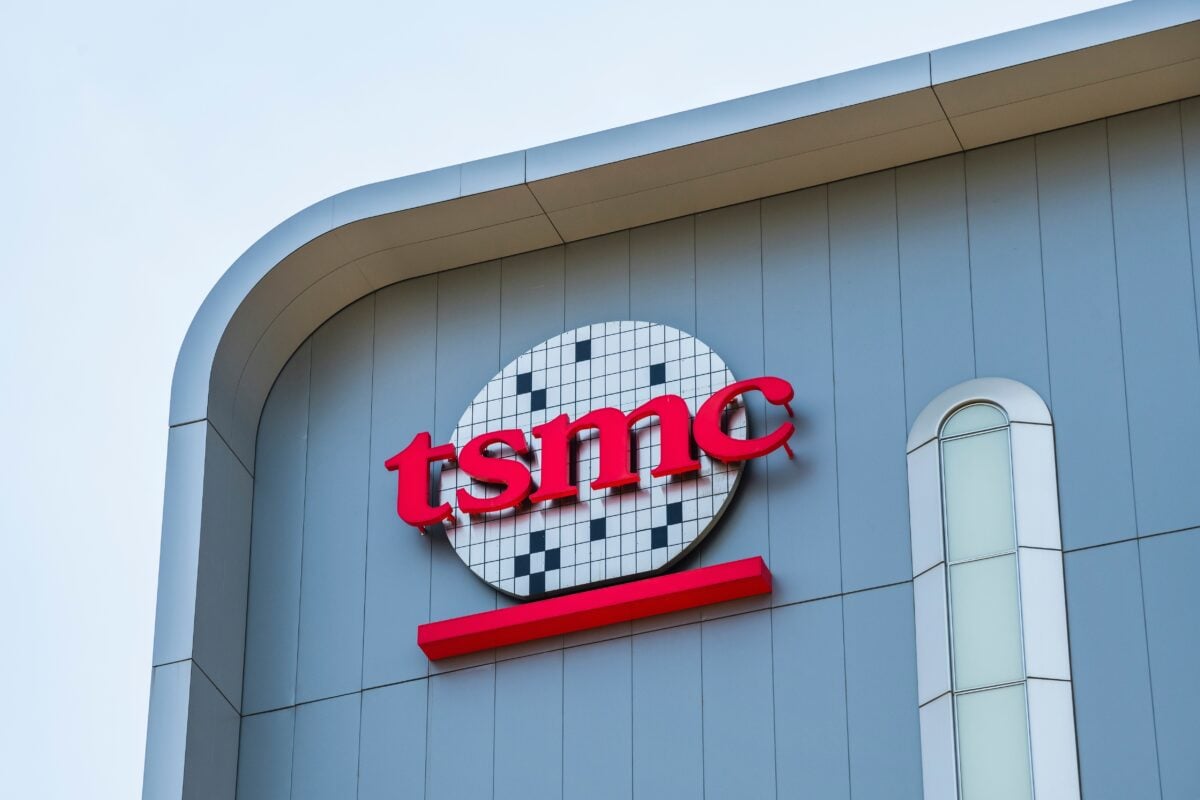TLDRs;
Contents
- Trump administration confirms it will not seek ownership stake in Taiwan chip giant TSMC.
- TSMC shares fell 4.2% after Reuters reported possible U.S. government equity moves.
- U.S. relies on subsidies, unlike China’s state-ownership approach to securing tech influence.
- TSMC’s dominance in global chip supply makes it central to U.S. semiconductor strategy.
Taiwan Semiconductor Manufacturing Company (TSMC) chairman and CEO C.C. Wei has clarified that the United States government will not seek an ownership stake in the world’s largest contract chipmaker.
Speaking to reporters in Taipei, Wei stressed that the Trump administration had no intention of taking equity in TSMC, addressing concerns sparked by recent media reports suggesting otherwise.
“They (the Trump administration) have announced they will not take a stake (in TSMC),” Wei told reporters.
The reassurance comes after a Reuters report earlier in the week claimed the U.S. might pursue equity stakes in semiconductor firms receiving subsidies under the CHIPS and Science Act. However, both the Trump administration and TSMC swiftly dismissed the speculation. A company spokesperson underscored that TSMC has never engaged in any discussions regarding U.S. government ownership.
Market Reaction to Reuters Report
Despite the clarifications, TSMC’s stock price reacted sharply to the rumors. Shares in Taipei dropped 4.2% following the Reuters story, reflecting investor unease over potential government interference in the company’s independence.
The market dip highlighted just how sensitive investors are to geopolitical developments in the semiconductor sector, where TSMC plays an outsized role.
The quick rebound in sentiment following the Trump administration’s denial shows the delicate balance TSMC must maintain. With its dominant position in advanced chip manufacturing, even unverified reports can spark turbulence in financial markets.
U.S. and China Take Different Approaches
The equity controversy also highlights the differing models between the United States and China in securing strategic control over critical technologies. While Beijing relies on state-owned enterprises (SOEs) to maintain government influence in sectors like defense, energy, and infrastructure, Washington has taken a market-based route.
Under the $52.7 billion CHIPS Act, the U.S. provides tax credits and grants to chipmakers to strengthen domestic manufacturing, but without demanding ownership stakes. This reflects America’s longstanding preference for incentivizing private-sector innovation rather than exerting direct control.
Analysts note that this strategy allows companies like TSMC to preserve independence while aligning their investments with U.S. national security priorities. In contrast, China’s model allows the government to retain direct intervention powers in key industries, underscoring the philosophical divide between the two powers.
TSMC’s Strategic Importance in U.S. Expansion
The spotlight on TSMC is not surprising given the company’s central role in the global semiconductor supply chain. The Taiwanese chipmaker holds nearly 65% of the global foundry market, producing cutting-edge chips for leading companies including Apple, Nvidia, and AMD.
TSMC has also committed to investing $165 billion in new facilities in Arizona, making it a cornerstone of America’s push to rebuild its semiconductor manufacturing base. Since 2020, over $630 billion in semiconductor-related investments have been announced in the U.S., with TSMC positioned as the anchor tenant in this national initiative.
Industry observers argue that TSMC’s dominance makes it an inevitable target of government interest. The sharp market reaction to unfounded reports of U.S. equity plans illustrates how investors fear potential erosion of TSMC’s operational autonomy. At the same time, it underlines just how strategically vital TSMC has become — not only for Taiwan and its partners, but for the global economy at large.


